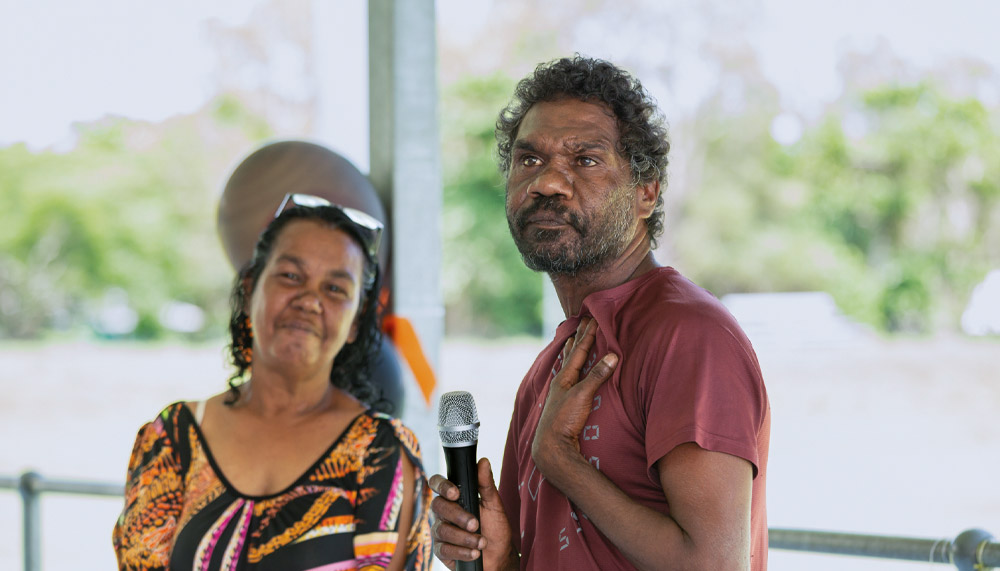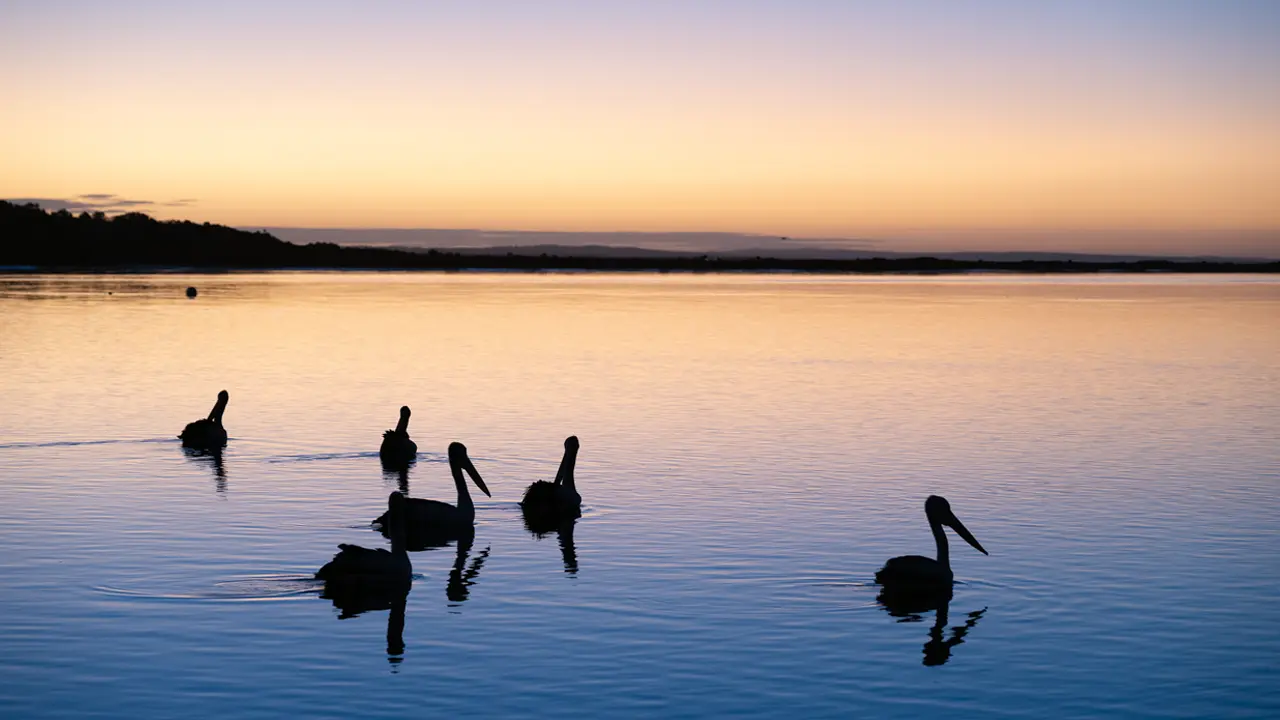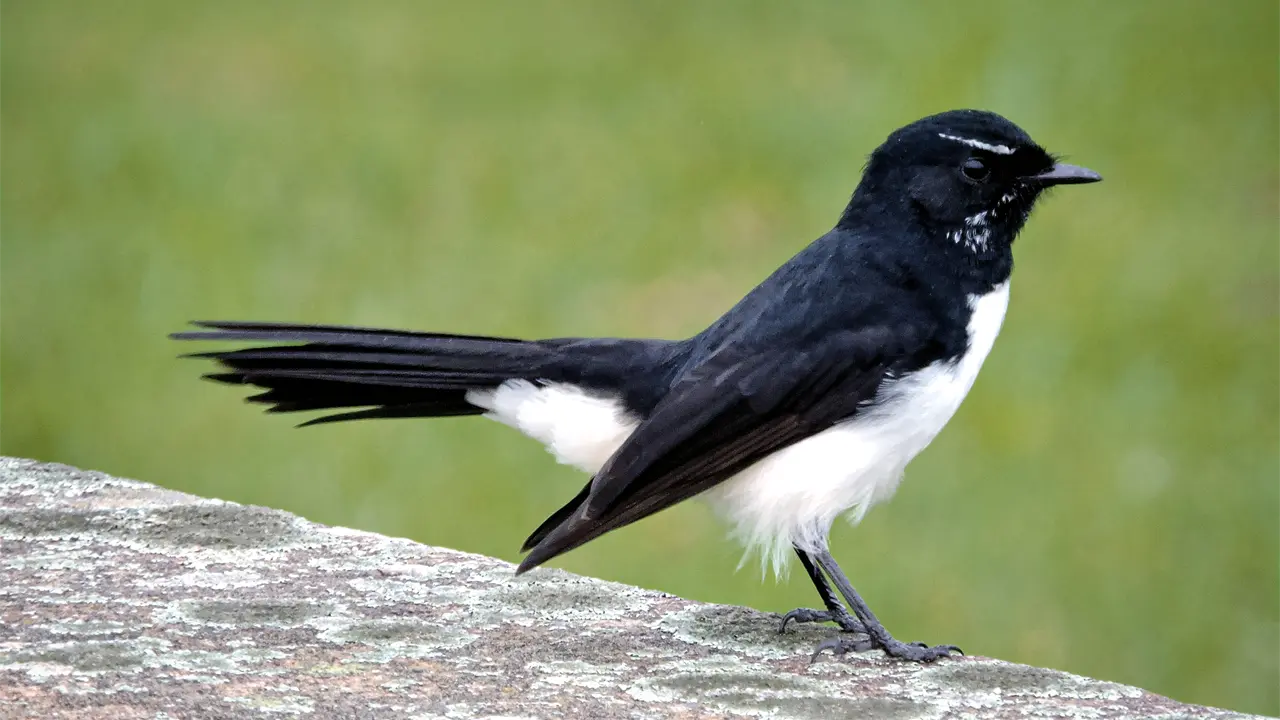Literacy for Life is addressing low adult literacy through community-led campaigns.
Story Kate Newsome Photo Leanne Hardy
When Jack Beetson was asked if he really wanted to devote his life to a task that seemed impossible, his response was clear: “Well, if we don’t care about this mob, tell me who’s going to.”
Jack was sitting with a friend on a riverbank near Wilcannia in north-western NSW – the location of Literacy for Life Foundation’s first campaign in early 2012. Raised in Nyngan, NSW, Jack had been dux of his primary school, but left town after he was discouraged and expelled in his first year of high school and came into conflict with police. At the age of 27, he would complete vocational training at Tranby Aboriginal College in Sydney, before going on to tertiary studies.
As the executive director of Literacy for Life, Jack says that since that conversation by the river there hasn’t been a single day that he’s regretted his dedication to adult literacy and education. “The right to learn is one of the most fundamental and basic human rights of all, and so many people are denied that right,” he says.
In remote areas of Australia, as many as 70% of Aboriginal adults have low literacy. Difficulty in reading and writing impacts every aspect of day-to-day life and directly correlates with poor health outcomes, increased rates of incarceration and a limited capacity to partake in the workforce.
Literacy for Life is an Aboriginal-run initiative that’s hoping to end low adult literacy in Australia. Since that first Literacy for Life campaign in Wilcannia, more than 300 people have graduated from its classes in 13 communities across Australia.
This story excerpt is from Issue #146
Outback Magazine: December/January 2023










